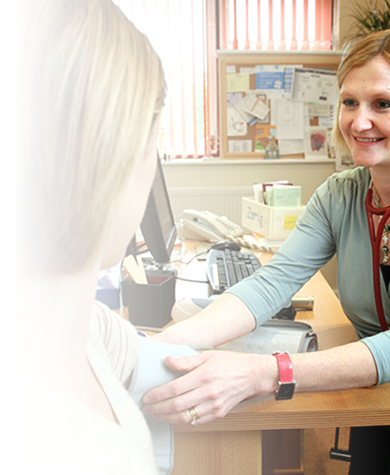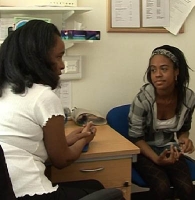Long-Acting Reversible Contraception Overview course for GPs



This session addresses the long-acting reversible methods of contraception, including their effectiveness, thus ensuring knowledge of how to access these methods of contraception for our patients.
This session was reviewed by Khyati Bakhai and last updated in November 2019.
Learning Objectives
By the end of this session you will be able to:
- Describe the long-acting reversible contraceptives (LARCs)
- State the effectiveness of LARCs and how they work
- Explain the factors that can make LARCs unsafe
- Explain what a patient needs to know to enable them to make an informed decision to use a LARC
- Explain who LARCs can/should be offered to and why
In July 2019, The National Institute for Health and Clinical Excellence (NICE) updated their 2005 guidelines for the use of long-acting reversible contraceptives (LARCs). The guidelines state that LARCs are the most cost-effective methods of contraception and advocates their increased use. Importantly, LARCs are also the most effective methods in clinical practice.
Before commencing this session you should complete sessions:
- Sexual Health: Indicators of Risk (400-0143)
- Sexual History Taking in the General Practice Context (400-0144)
- The Sexual History - The Partner History (400-0145)
Alison has worked as a GP in Birmingham since graduating from the city's in 1986.
She has a special interest in contraception and sexual health and training and facilitates both the contraception unit of the Postgraduate Award in Sexual Health (Warwick University) and Birmingham’s SHIP (Sexual Health in Practice) programme.


Dr Philippa Matthews (MBBS, FRCGP) is currently Primary Care Development Lead at the Africa Centre in KwaZulu Natal, South Africa, working with a population with the highest prevalence of HIV in the world. Prior to this she was a GP in Kings Cross, London, and Sexual Health Clinical Lead for Islington.
She has developed and delivered sexual health training and written extensively about sexual health services in primary care, most recently authoring MEDFASH’s new HIV Testing in Practice (HIV TIPs) webtool to support GPs and practice nurses to increase HIV testing in this area.
- Communication Impairments Part 4: Autistic Spectru...
- Posted By eIntegrity Healthcare e-Learning
- Posted Date: 2025-01-22
- Location:Online
- This session is the last of four that looks at different speech, language and communication impairme...
- Communication Impairments Part 3: Cleft Palate, He...
- Posted By eIntegrity Healthcare e-Learning
- Posted Date: 2025-01-22
- Location:Online
- This session is the third of four which describe different speech, language and communication impair...
- Communication Impairments Part 2: Specific Speech ...
- Posted By eIntegrity Healthcare e-Learning
- Posted Date: 2025-01-22
- Location:Online
- This session is about speech sound disorder (SSD). It describes the characteristics associated with ...
- Communication Impairments Part 1: Late-talking Tod...
- Posted By eIntegrity Healthcare e-Learning
- Posted Date: 2025-01-22
- Location:Online
- This session is the first of four which describe different speech, language and communication impair...
- Typical Development Part 2: First Words and Early ...
- Posted By eIntegrity Healthcare e-Learning
- Posted Date: 2025-01-22
- Location:Online
- This session gives an overview of the main aspects of how language typically develops in children. I...







